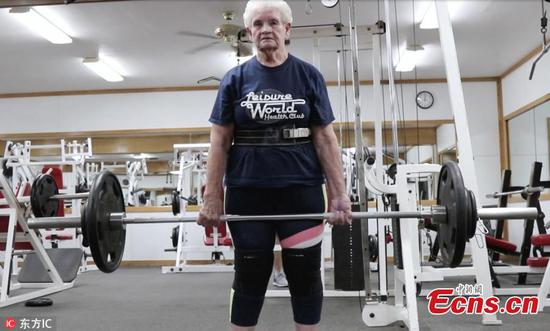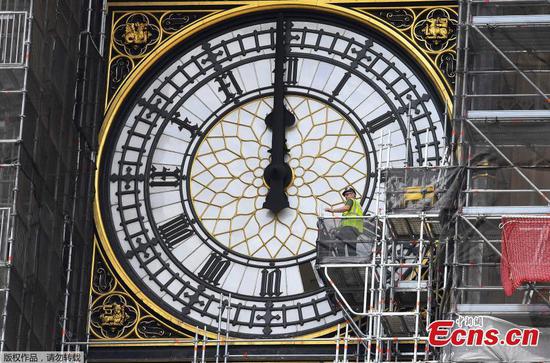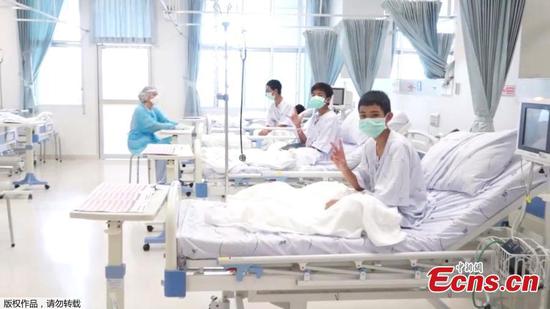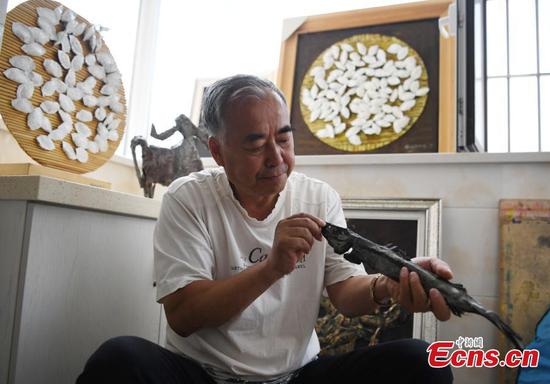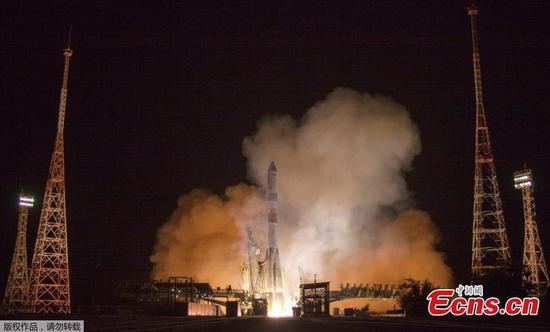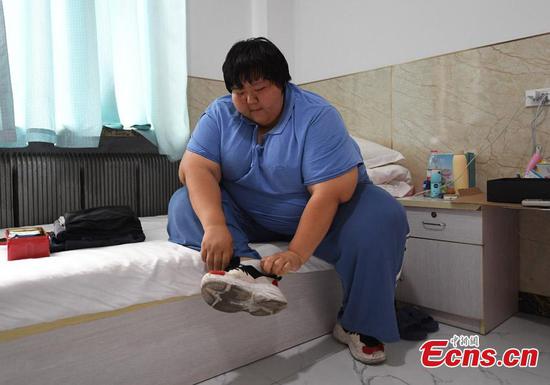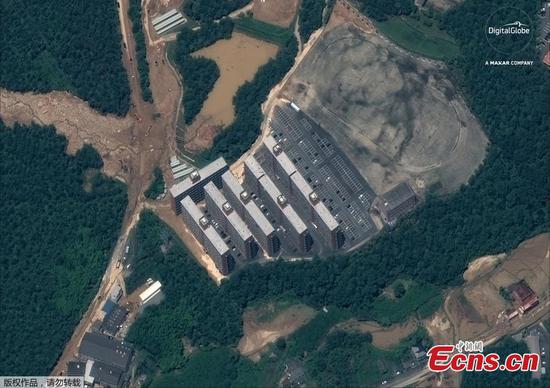The trade war launched by the U.S. is global, and not only with China, the Commerce Ministry in Beijing said on Thursday.
The ministry released a statement on proposed new U.S. tariffs on Chinese exports and its "Section 301" investigation into alleged unfair, unreasonable, or discriminatory trade practices.
The statement said it is a distortion of fact that China has been taking advantage of unfair trade relations with the U.S..
U.S. made 'fake address' on China-U.S. trade relations
China, it continued, should not be blamed for the U.S. trade deficit, attributing the gap to the low savings rate of the U.S. and the American dollar being a major international reserve currency.
Another important reason is the restrictions the U.S. puts on high-tech product exports based on its cold-war thoughts, the statement said.
As for the issue of intellectual property (IP) infringement, the ministry said China has established a relatively comprehensive law system to protect IP and also has kept strengthening it with more legal institutions.
China paid 28.6 billion U.S. dollars for IP exploitation, 15 times more than what it paid in 2001 when the country joined the WTO.
Meanwhile, the Chinese government has never demanded foreign companies to transfer their technologies, the statement said.
These foreign companies and their Chinese partners have benefited from their cooperation under contract behavior agreed upon by both sides.
As for the “Made in China 2025” strategy that worries the U.S., the ministry said it is a guiding policy open to all foreign companies, adding that, ironically, the U.S. government gave substantial subsidies to sectors including manufacturing and agriculture industries.
The statement also denounced the claim by Washington that China brushed aside the disagreements on China-U.S. trade.
China has attached great importance to the disputes and made great efforts to solve them through talks, "sincerely and patiently," the statement said.
There were four rounds of negotiations between the two countries from February to June and a joint statement was established. However, the U.S. “went back on its own word,” abandoning the agreement and insisting on the trade war with China, the statement said. It went on that the U.S. should take all responsibility for the current situation.
The ministry reiterated in the statement that there is no legal ground for the U.S. to unilaterally start a trade war against China and the U.S. tariff increase has broken WTO principles and obligations.
China fights back to safeguard national and global interests
China didn’t fire the first shot but was forced to respond since the U.S. has started it, in an effort to safeguard the free and multilateral trade system in line with the international law, according to the statement.
China has stated over and again that it does not want a trade war, but doesn’t fear one, and has to fight back, if necessary.
U.S. jeopardizing global economy
The U.S. is not only targeting China but also antagonizing the whole world, which will drag the global economy into jeopardy, the statement continued.
By launching the Section 301 investigation under the Trade Act on China citing IP issues and a Section 232 investigation on major global economies in the name of national security, the U.S. has created trade frictions for important industries such as steel, aluminum, and automobiles.
The U.S. behaviors will severely worsen the world economic environment, harm global industrial chain and value chain, trigger worldwide market turmoil, and damage the interests of many multinational companies and consumers around the world, the statement said.
China to continue reform and opening-up
China will continue to promote reform and opening-up, and work with all countries to unswervingly uphold the principle of free trade and the multilateral trade system, the ministry said.
This year marks the 40th anniversary of China's reform and opening-up, and China will stick to the path to promote high-quality development.
Regardless of the changes in the external environment, the Chinese government will continue to allow the market to play a decisive role in the allocation of resources, encourage competition, oppose monopoly, and continue to promote openness and create an attractive investment environment.
China firmly supports economic globalization, and will safeguard the international economic and trade system, while pursuing common development and shared prosperity with the rest of the world, the statement concluded.
On Wednesday, the Trump administration threatened to impose 10-percent tariffs on another 200 billion U.S. dollars' worth of Chinese goods, escalating the trade war between the world's two largest economies. China accused the U.S. of being a bully, and said it will take countermeasures to protect itself.









